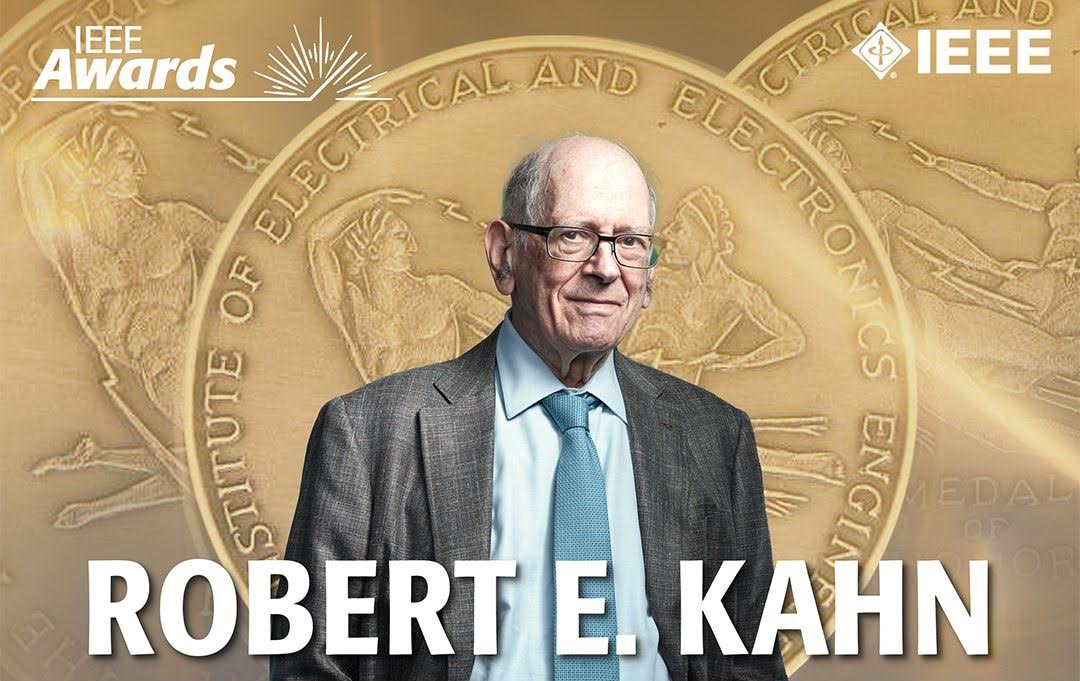As the digital world hurtles forward at breakneck speed, we sometimes forget the architects behind our modern marvels. One such titan is Robert Kahn, co-creator of the Internet. Recently awarded the IEEE Medal of Honor, Kahn reflects on decades of innovation that laid the groundwork for not only the Internet but also for concepts like AI agents and blockchain technology. His insights reveal that, despite the rapid advances, many challenges we face today echo concerns from the early days of computing.
From Collaboration to Chaos: The Internet’s Growth
Kahn’s early experiences underscore a critical lesson about the Internet: as it expanded from a small circle of researchers to billions of users, the collaborative spirit faltered. Initially, in a community where everyone knew each other, the likelihood of misuse was significantly reduced. However, as Kahn astutely points out, “if you’ve got a billion people, you know, you get a little bit of everything in society.” This brings to light a poignant reality: the unintended consequences of democratizing technology without a robust governance framework.
- Misinformation and Disinformation: Kahn expresses disappointment that potential solutions to misinformation were not adopted in the early days. Today’s digital landscape, rife with misinformation, might have benefited from stronger initial guidelines.
- Cybersecurity Challenges: The birth of the Morris worm in the late 80s serves as a harbinger of our current cybersecurity woes, reinforcing the necessity for secure systems even as technology evolves.
The Legacy of Knowbots
Among the fascinating concepts explored by Kahn is the idea of “knowbots,” short for knowledge robots. These early AI agents were designed to perform tasks on behalf of users—much like today’s virtual assistants. Kahn’s vision encompassed functionalities like making reservations and monitoring news, liberating users from mundane tasks. However, the emergence of cybersecurity threats pushed this innovative idea to the sidelines. This growth of anxiety over security continues to stifle creative solutions in the AI sector.
- Digital Object Architecture: Kahn describes how this architecture was akin to removing physical constraints from information, making digital objects capable of interacting seamlessly. It signifies the potential for an interconnected world where every object can communicate and cooperate, a concept echoed in the Internet of Things (IoT).
Linking Digital Entities: A Prelude to Blockchain
Kahn makes a compelling comparison between his ideas and the world of cryptocurrency, linking concepts of “digital objects” with blockchain technology. He emphasizes how digital objects can communicate autonomously, which parallels the core functions of blockchain, where transactions are verified without human intervention. This foresight encourages a conversation about the broader implications of interoperability in technology.
- Future of Digital Structures: Kahn posits that digital objects could communicate like cars and planes do today, not merely as isolated devices but as a cohesive network of digital entities, suggesting entirely new applications beyond current frameworks.
Reconsidering Innovation and Standardization
In the vast and competitive tech landscape, Kahn warns against relying solely on government or industry to establish standards. He advocates for a collaborative approach, one that involves universities and research institutions to forge paths forward in innovation. This emphasizes the critical role academia plays in producing talent and leadership in the burgeoning tech fields.
- Workforce Development: His concern regarding the semiconductor industry illustrates a pressing need for skilled personnel to sustain innovation. Building facilities without a trained workforce undermines progress in the tech industry.
Conclusion: Lessons for the Future
Robert Kahn’s perspective is invaluable as we navigate the complexities of technological evolution. His observations remind us that foundational principles in technology often repeat themselves. By learning from past experiences and harnessing the potential of interconnected digital entities, we can address current challenges with enhanced foresight and creativity.
At fxis.ai, we believe that such advancements are crucial for the future of AI, as they enable more comprehensive and effective solutions. Our team is continually exploring new methodologies to push the envelope in artificial intelligence, ensuring that our clients benefit from the latest technological innovations.
For more insights, updates, or to collaborate on AI development projects, stay connected with fxis.ai.

